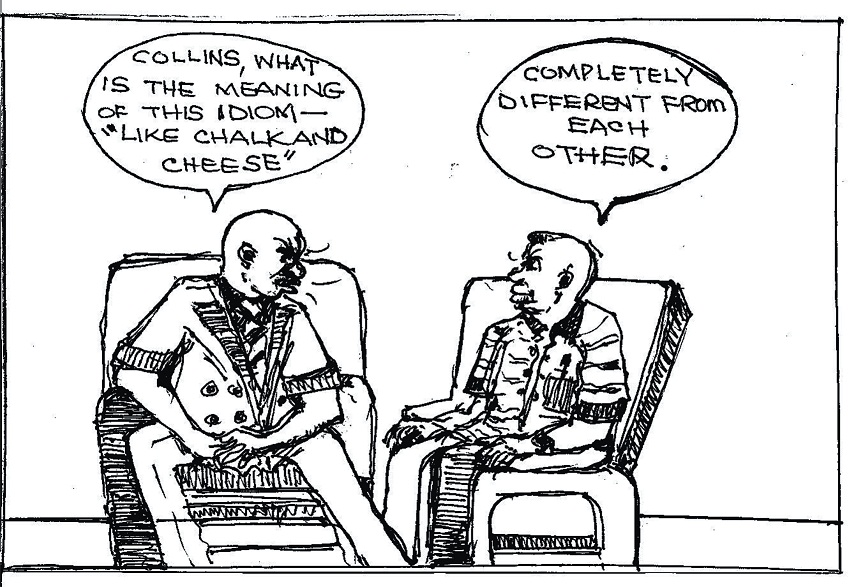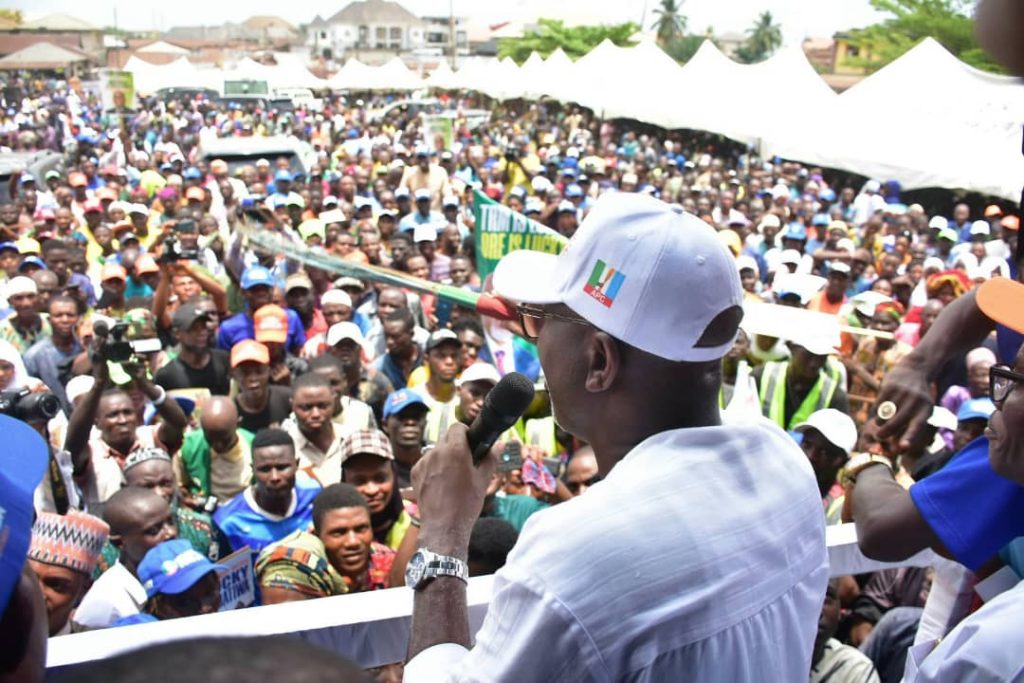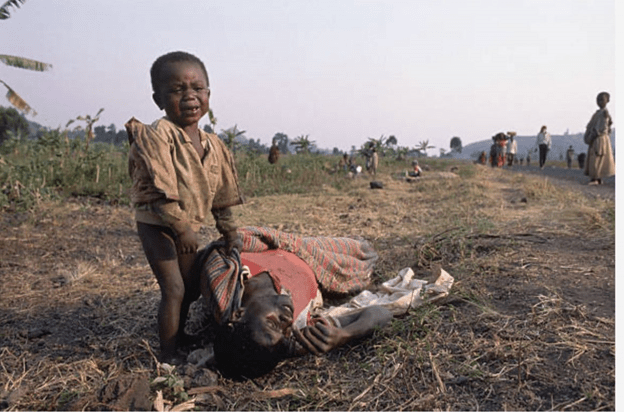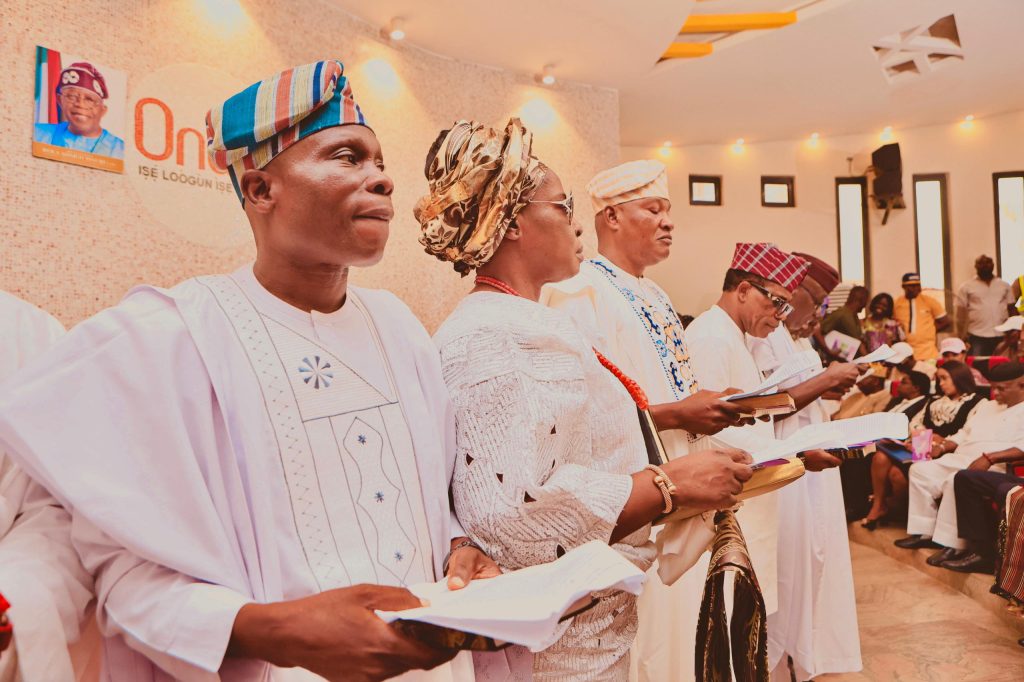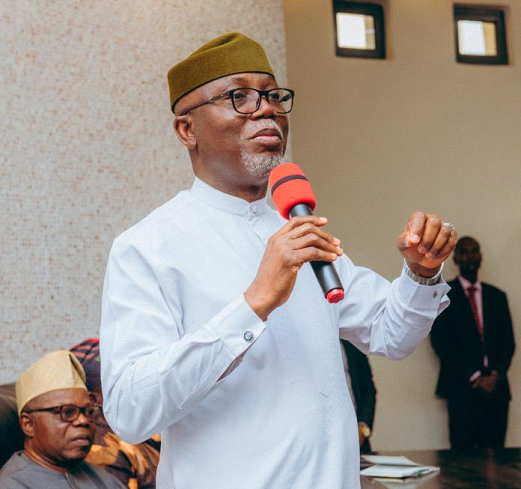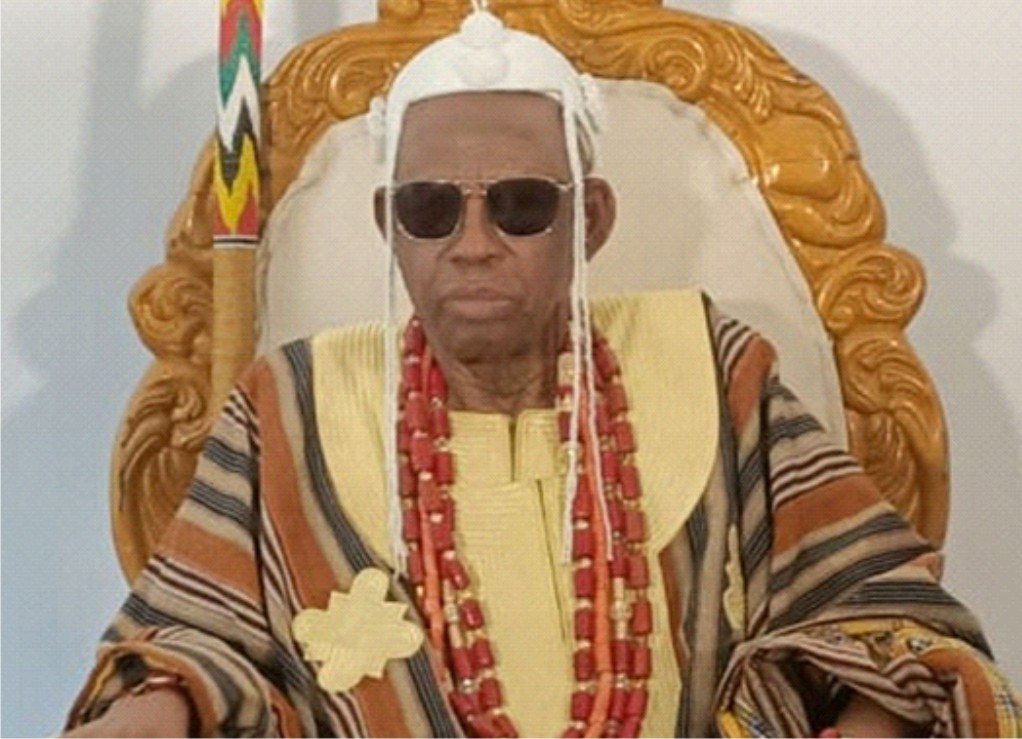FG’s Proposed Ban on Okada, Mining
THE Federal Government is mulling the idea of placing a ban on activities of motorcycle riders popularly known as Okada riders across Nigeria. The idea was aimed at checkmating the logistics’ backbone of terrorists reigning unfettered in the Northern part of the country. Government is also considering placing a ban on mining.
This, according to the government, is as a result of the need to frontally address the source of funding by the terrorists. These were parts of the decisions arrived at the National Security Council meeting presided over by President Muhammadu Buhari.
This idea may not be new to some states in the South East and South South because commercial motorcycles had been prohibited years ago in those places. Also, Lagos state has placed a restriction on Okada in some local government areas of the state. States like Kebbi, Sokoto, Borno, Yobe and Zamfara have placed total ban on the activities of Okada in their respective states while Kastina state restricted their operations in some frontline local governments. Governments of these states banned that mode of transportation because the armed bandits typically use motorcycles to escape after carrying out their attacks. For example, motorcycles riding bandits recently killed 34 persons including two soldiers in Kaduna; more than 200 homes were also destroyed in the attack on four villages by this set of people. Motorcycle riding bandits carried out a raid in a remote village of Zamfara state, killing 16 people. Attacks on communities in Plateau, Benue, and Yobe states are attributed to Okada ridding insurgents.
ON the other hand, the bikes offer certain transport advantages: easy maneuverability, ability to travel on poor roads, and responsiveness to demand. They also create work for people. Therefore, a blanket ban on their activities may add more to the hardships some Nigerians are passing through and fester more crime in the society. We cannot wish them away as a means of transportation in the country.
WE therefore canvass that government should be circumspect in the implementation of this decision. We suggest that each state be encouraged to implement such based on the peculiarities of security challenges in their states. Government could still take a cue from Ondo state by registering all okada riders in the country and share information gathered with all security agencies. This will help a long way at stemming the security challenges in Nigeria.
IT won’t be out of place if governments provide interest free loan and exchange okadas with tricycles. Tricycles hardly record accidents as prevalent in okada.Regulation of okada transport through use of identification vests can instill a sense of responsibility. Restricting them to suburban areas, and mandatory use of safety gear such as helmets by the operators and passengers, can also help to reduce the impact of road accidents. We also charge governments to provide a viable alternative to commercial motorcycles among the youths by encouraging them to be artisans. This can be done through reviving the technical colleges and providing soft loans to procure machines needed after their programme.
COLABORATION between politically connected Nigerians and foreign corporations in illegal gold mining drives rural banditry and violent local conflict in most parts of Northern Nigeria. The conflict has been on the increase since 2014, spreading across Kaduna, Katsina, Kebbi, Plateau and Zamfara states. States like Osun and Ondo are presently experiencing increasing violence because of illegal mining taking place in their domains. Over 5,000 people were killed in Zamfara State in the past five years. Some of those sponsoring illegal mining also fund banditry and cattle rustling in mining communities. Many have blamed the conflicts in the region on rural banditry, without addressing its links to illegal mining.
THE rise in illegal mining highlights the fundamental social, institutional and structural problems in Nigeria’s governance system. It reveals the prevailing socio-economic problems in the area, especially the inadequate responses to poverty and poor service delivery by the state. The youth in particular have limited income-generating opportunities, and this is where the sponsors of illegal mining recruit their labour force.
WE do not believe that banning mining is the panacea to the festering crisis. The legal mining framework needs to be critically looked into. The law places ownership of all mineral resources in the federal government rather than the state governments, who are custodians of all lands. Section 1(1) of the Nigerian Minerals and Mining Act, 2007 gives the federal government ownership and absolute control over all mineral resources in the country. State governments therefore refuse to police and regulate mineral resources because they consider them federal property.
THE situation shows the deep-rooted structural problem facing Nigeria’s fiscal federal system which favours the central government. To address the challenge, the mining act should be amended to place ownership and control of mineral resources in state governments rather than the federal government. Nigeria also needs to deal, through diplomatic channels, with the involvement of foreign nationals and corporations in organised crime in the country.
